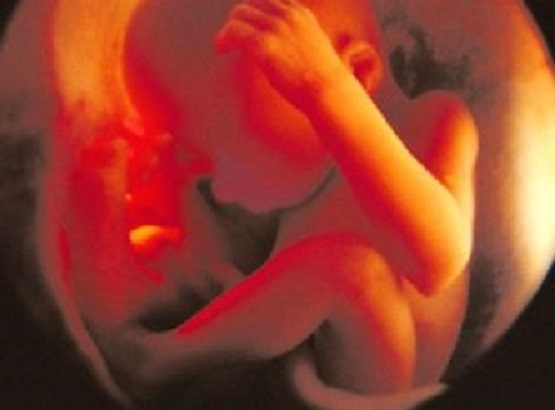A court in India spared a young rape victim and her unborn baby from a late-term abortion Tuesday, after her mother requested an exception to the country’s late-term abortion ban.
The Times of India reports the Chandigarh juvenile court rejected the request after a panel of doctors said the abortion would put the young girl’s life at risk. The teen is about 25 weeks pregnant.
On Monday, the medical board recommended against the abortion, saying it could jeopardize the girl’s life or lead to serious health issues, the Hindustan Times reports.
Abortions are illegal after 20 weeks of pregnancy in India. However, women or their families increasingly have been petitioning the high court for permission to abort their unborn babies after the limit, especially in cases involving fetal abnormalities or sexual assault.
At 20 weeks, an unborn baby is nearly fully formed and close to the point of viability (about 22-23 weeks). Later-term abortions also are risky and can be deadly for the mother.
Police said they arrested a young man, also a minor, earlier this month for allegedly raping the teen. According to police, the young man raped her repeatedly for several months.
Here’s more from the report:
According to her parents, the boy had been staying in the same locality as the rape survivor till a few years back. Later, the boy’s family moved somewhere else. The boy’s mother had died. When his father would go to work, he would take the girl to his house and rape her. …
Earlier, the girl’s mother had got suspicious while noticing that her menstrual cycle had stopped. When asked, the girl told her about the pregnancy and how she was raped by the accused. She took the survivor to a hospital and informed the police.
The teen and her unborn baby have been spared the pain and violence of abortion, but others have not.
Increasingly, Indian courts have been granting late-term abortion exceptions to women who are victims of rape or whose unborn babies have disabilities. In cases of fetal anomalies, the courts seem to base their decisions on the unborn child’s likelihood of dying soon after birth and significant risks to the mother’s health.
In the past, the courts have refused several cases where the babies had treatable conditions, such as Down syndrome. In January, a Bombay court rejected a woman’s request for an abortion at 31 weeks because doctors said it was too risky.
However, last summer, the Supreme Court of India gave another women permission to abort her unborn child at 24 weeks of pregnancy.








